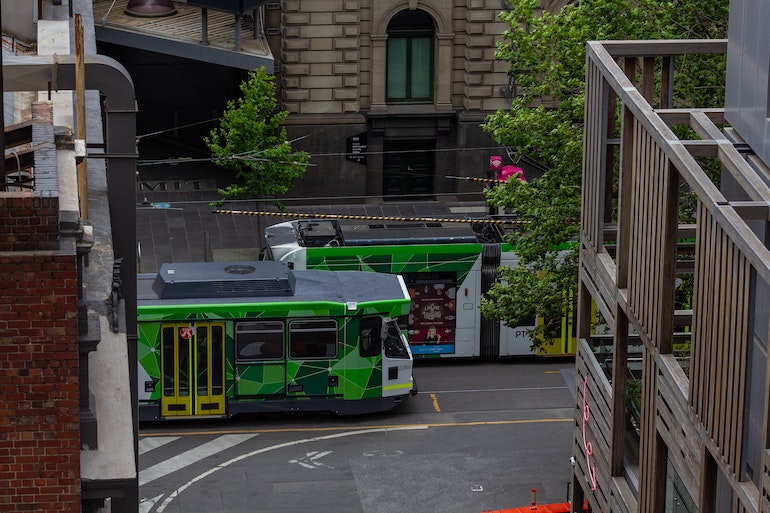Transportation demand management (TDM) refers to the application of policies and strategies to increase efficiency by managing the demands on transportation systems. Common strategies include efforts to reduce travel, to redistribute transit demands across space or time, or to encourage users to choose more efficient transportation modes. Ideally, these strategies can also offer environmental benefits by encouraging commuters to switch to energy efficient transportation modes, such as walking, biking, or riding public transit, and by reducing air pollution and fossil fuel consumption related to the use of private automobiles.
Researchers from the Victoria Transport Policy Institute have just released a report evaluating the effectiveness of different TDM approaches. In their report, they discuss examples of successful TDM programs. Their research shows that effective and well-designed approaches to TDM directly benefit travellers and commuters, as well as their wider cities and communities. They can also be effective tools for emissions reductions.
Based on their analysis, the authors identify the keys to successful TDM strategies. Their report makes a strong case for using this tool in urban planning and policy. However, the authors also show that successful intervention requires serious investment in both transit infrastructure and TDM planning. It is clear that transportation systems must respond to the demands of travellers and put their needs first, but that doing so can also have broader social, environmental, and economic benefits.

Photo by DJ Paine from Unsplash
- Log in to post comments



CRC Comments